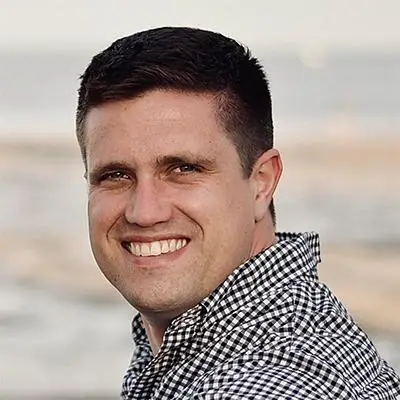Like many students across the country, Walter Lopez started falling behind on his work when schools suddenly shifted to remote learning this spring. But this year, he gained access to a new support system that helped him catch up.
He’s now a ninth grader at a charter school in Seattle, but two days a week, he comes to a learning hub operated by a different charter school in the Puget Sound area.
The hub, run by Cascade Midway Academy, offered him a quiet place to focus and study, as well as access to tutors and one-on-one attention from a mentor. Walter joined a webinar hosted by CRPE and moderated by Kenya Bradshaw of TNTP as part of a series highlighting equitable learning hubs across the country. His mother, Sonia Lopez, said attending the hub has helped Walter stay motivated and on top of his projects during remote learning. She lamented that her seventh-grade daughter doesn’t have access to similar support.
After a facilities snag forced Cascade to delay its opening as a full-fledged new school, its founders decided to launch a learning hub for 12 students enrolled in nearby districts and charter schools, which are all teaching students remotely. The school is also providing virtual tutoring to three students who don’t attend its physical hub.
They hope to expand their hub and support more students—especially as the realization sets in that students in the Puget Sound area likely won’t be returning to normal classrooms any time soon, in part due to Washington State’s stringent public health guidelines.
Cascade’s founders conceived a school that would help students explore their interests and cultivate their own professional networks through internships and projects in and outside the classroom. To support students through project-based learning that looks quite different from an ordinary high school, the school offers multiple layers of mentorship, including advisers who meet with groups of students each day, and a partnership with Big Brothers Big Sisters of Puget Sound that connects each student with an adult mentor who will stick with them even after high school graduation.
In other words, it’s a school designed to help students navigate school—just as its learning hub is doing now. It’s one of a growing number of efforts across the county by public schools and community groups to offer in-person learning support to families who couldn’t otherwise afford to fund extra child care arrangements or learning pods while school buildings remain closed.
Halma Abubakar, Cascade’s director of operations, said many students came to the hub behind on their remote learning assignments. One of the school’s goals—and now, a key goal of its hub—is to teach students “life skills” that allow them to juggle projects and self-manage. As Abubakar put it: “How do I set goals in my daily life and make sure that I achieve them, and what are the systems that I could put in place to make sure that maybe I don’t fall behind?”
Right now, the hub hosts students two days a week from 8:30 a.m. to 4:00 p.m. at a Sheraton Four Points Hotel across from Cascade’s campus, which is still under construction. An employee hired with the help of federal CARES Act funding provides in-person support and tutoring to students. Cascade Co-founder Garth Reeves said operating the hub costs about $40 per pupil per week—plus the cost of a steeply discounted hotel conference room—to operate. Even for an organization committed to rethinking some conventions of high school, Reeves said the hub effort is “starting to break down some of these walls around what does school mean.”
“Our fundamental premise of our school is that school—learning—is not defined by four walls, 28 chairs, and a teacher,” he said. “Learning is about that person’s connection to their interests and their passions and the things that they need to get where they’re going.”
This fall, schools in Washington State and around the country focused on trying to return to the status quo as quickly as possible, even if that meant attempting to recreate traditional six-period school days virtually to fill the time before students could return to classrooms.
Reeves said there seems to be a growing recognition that schools are going to need to find new ways to form connections with students and their families—especially in places like Washington where remote learning is likely to continue for months to come. Organizations representing communities of color, including the Seattle-area Somali Parent Education Board, which Cascade has cultivated as a partner, have called for more support for community-led efforts to fill the gaps remote learning has created.
Cascade has grant applications in the works that would allow it to cover more days or serve more students. Its facility, which should be complete in the spring, will offer room for four times as many students. Reeves said he is interested in working with districts who might donate space for additional hubs Cascade and its partners could help operate—or send students who need in-person support to an expanded array of learning hubs.
Reeves said that in conversations with district superintendents around the region, he’s heard a growing recognition that schools need to find new ways to support students socially, emotionally, and academically. With learning hubs, he said, “You can have remote learning and still have a connection with people.”
It also hints at possibilities of schools that rethink their roles in the education system, connecting students to learning experiences, different forms of instruction or support, and mentors to guide them, providing coherence and connective tissue, but not necessarily providing every aspect of a 20th-century comprehensive high school themselves.
CRPE is continuing efforts to track and learn from efforts to launch equitable learning hubs. Please get in touch if you know of promising examples.




